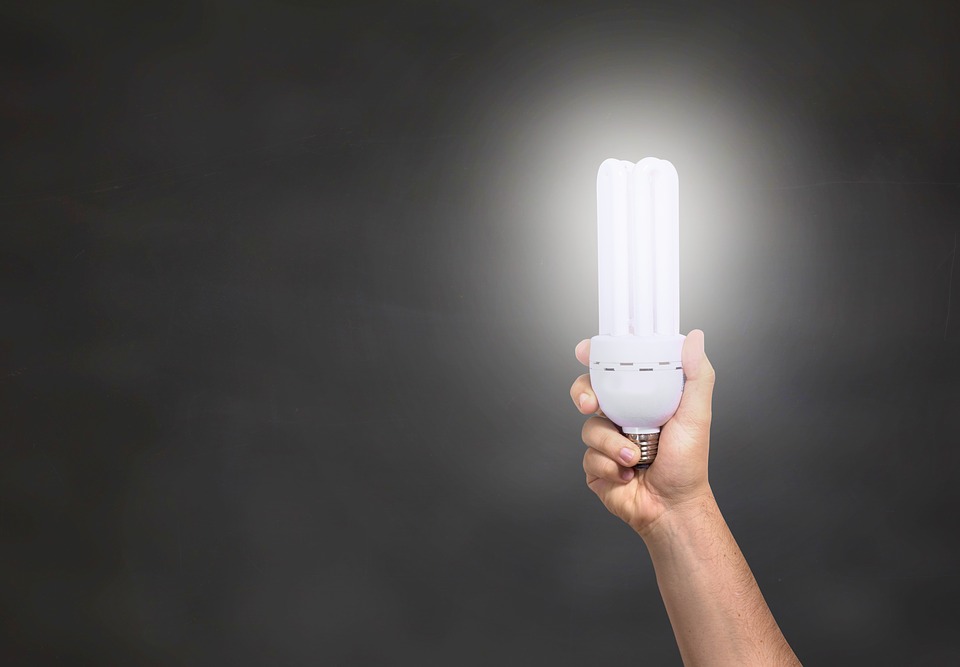LED lighting could help to improve brain activity including memory and cognitive function, according to the research by a professor of bioengineering at The University of Texas at Arlington.
Hanli Liu and Jacek Dmochowski, the assistant professor of bioengineering at City University of New York, are working on using a light-based technology to increase the energy available to brain cells and improve astronaut performance with an $800,000 NASA grant.

Liu researches how to use lasers to deliver near-infrared light to the human brain to detect traumatic brain injuries and symptoms of post-traumatic stress disorder. Her recent work has broadened to investigate the neurophysiological principle of non-invasive delivery of near-infrared laser light to improve human cognition. This research has led to an understanding of how light can stimulate mitochondria, which are the powerhouses within cells, into creating more oxygen in the brain to increase cerebral metabolism and mitigate memory loss.
With the new grant, Liu will investigate whether LED can replace lasers as the delivery method for near-infrared light. Specifically, she will find the wavelength range and duration necessary to produce the desired effects. LEDs are lighter and smaller and could be attached to a headband or similar device more easily stowed. Also, light delivered by LED is safer to human eyes than light from lasers.
"Researchers have evidence that memory can be improved right after shining light on specific areas of the human brain for eight to 10 minutes," Liu said. "We are trying to demonstrate that if we can increase power in LEDs within safe levels, we can make LED light reach the cortex, just like a laser, but safer, smaller, easier and more portable to use."





 CN
TW
EN
CN
TW
EN






